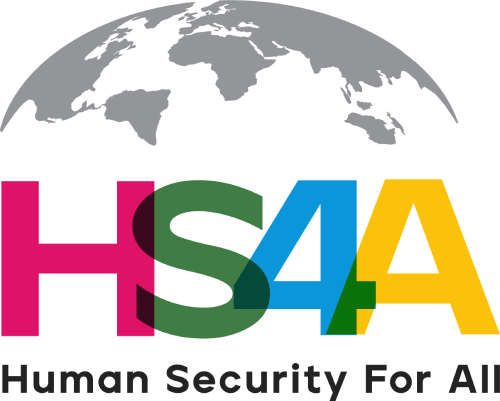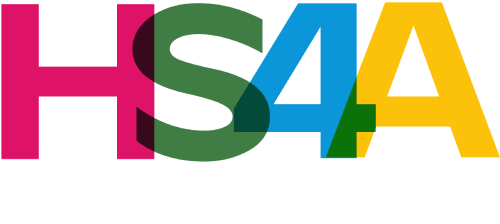Youth, Talent and Work. What Does Next Generation Leadership Look Like?
- By Human Security For All
HS4A Ambassador, Chaeli Mycroft, joined others at the Leaders on Purpose CEO Summit 2023 in September to discuss how to prepare the next generation for the jobs of tomorrow. The speakers emphasized the importance of understanding the excitement and challenges of young people and how to empower them to thrive.
Chaeli Mycroft was joined by Balaji Ganapathy from Tata Consulting Services, Michelle Armstrong, Head of Philanthropy and Executive Director or the Ares Charitable Foundation, and Lauren Young, the moderator of the panel, from Reuters Digital Special Projects. The panel discussed the challenges and opportunities that businesses face in preparing the workforce for the future, taking into account geopolitical circumstances, emerging technologies, and the changing standards of equity in the workplace. Additionally, the role of philanthropy in effective preparation and reskilling of the current workforce was also discussed.
The importance of soft-skills training in preparing people to communicate effectively, was highlighted as well as the need to work collaboratively, and lead with empathy. Chaeli stressed the importance of creating a safe space for individuals to bring their complete and authentic selves to the workplace.
“Disabled individuals can bring certain skills to the workplace,” says Chaeli, “Such as logistics and innovation, and we should increase recognition and support for disabled people in these and other skills that can become positive contributors to the economy.”
The panel discussed the future of work and the growing trend of young people wanting purpose at work, which is also essential today for organizations to thrive.
Balaji and Michelle spoke about demystifying the concept of upskilling and reskilling within organizations and shared that 60% of existing workforce skills will change in the next 3-5 years. The solution, according to the pair, is to augment existing skills with new skills — as a pathway for achieving purposeful outcomes around pressing issues such as energy transition, climate action, and sustainability.
A key question was how to deliver and organize education in a way that involves industry and other players to make it more activity-based, project-based, and real-world-based. They mentioned the importance of investing in Middle School and Early Education, and bringing experiential learning to those constituents from an equity lens. Chaeli discussed the empowerment of the disabled community, the importance of using identity-first language, and the importance of asking each disabled person how they would like to be referred to.
It’s important to empower individuals and communities with disabilities, according to Chaeli. “There are benefits to empowering those with disabilities,” she says. “There are negative views and narrow-minded approach towards disability, yet there is a need to see the disabled community as individuals, with unique experiences, and not a stereotypical group with the same capabilities.”
The panel discussed the importance of investing in the development of young people and creating equity and pathways for entry-level jobs. They suggested that private sector, governments, and nonprofit organizations can work together in a consortium manner to create opportunities for young people in certain parts of the world that are labeled as the “green economy.” The speakers emphasized the need for financing schools around these sector-specific domains and pointed to the success of this model in Asia, Latin America, and other parts of the world. There’s a need to help young people understand digital transformation from a purpose perspective and connect them to opportunities in the real world, the team surmised.
Michelle concluded by highlighting the importance of creating a strong and inclusive society and workforce, starting from a young age. She emphasizes the need to teach children from a young age that inclusion is standard and to create a mindset and worldview that values diversity and equity. “I’m thankful for the opportunity to share my thoughts and it’s exciting to work towards the creation of a better world for the next generation,” she says.

The Human Security For All (HS4A) is a global campaign led by the United Nations Trust Fund for Human Security and the World Academy of Art and Science in partnership with a broad constituent of entities and citizens like you. Our aim is to Promote human security among networks of people who play key roles in adopting new ideas and translating them into action – policymakers, youth leaders, private sector innovators and financiers as well as educators, scientists, artists and more.







